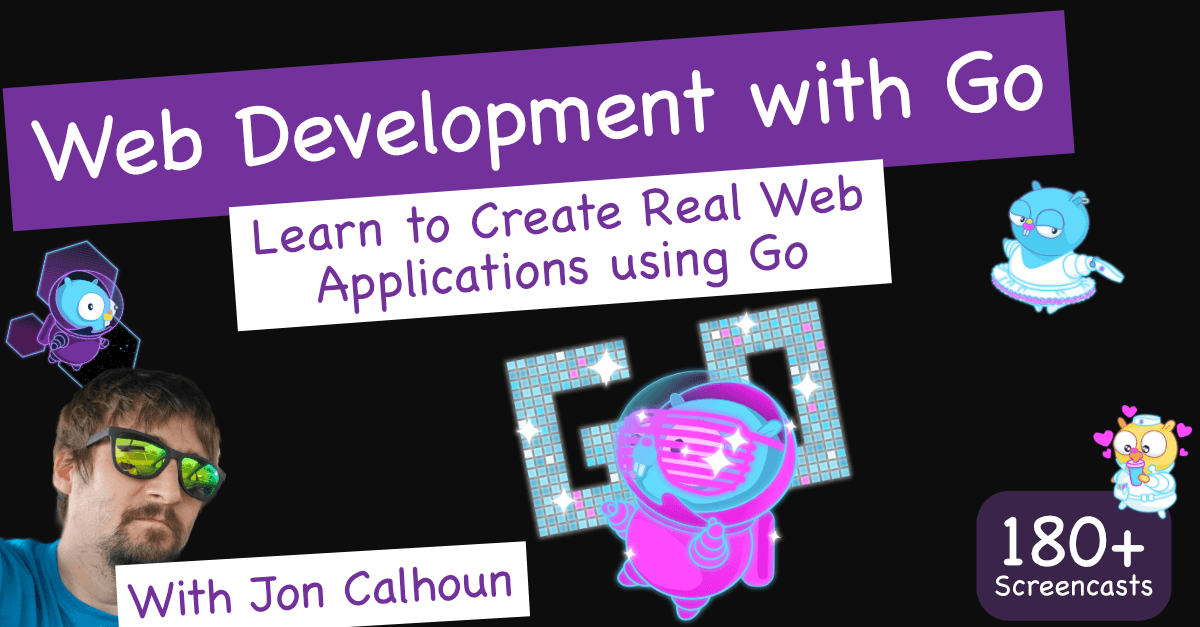
Gatsby JS & Prismic stack. Use Prismic headless CMS data in Gatsby to generate Gatsby static sites & deploy with Netlify
What you'll learn
- Increase your value and improve your knowledge as a front-end / React JS developer
- Learn Gatsby
- Create a static, server-compiled, content-driven website using Gatsby JS (with React JS & GraphQL)
- Learn how to use GraphQL and GraphiQL in Gatsby to query data stored in Prismic CMS
- Deploy your Gatsby JS static website and rebuild whenever our Prismic content changes using Netlify
- Use Netlify forms from within Gatsby to capture user's email address and personal details
Requirements
- A basic understanding of React JS
- Be able to install Node and NPM locally on your machine
- Have either a Windows or Mac OS machine
Description
Do you want to improve your React JS skills and increase your value as a front-end developer?
- "Gatsby lets you build blazing fast sites with your data, whatever the source. Liberate your sites from legacy CMSs and fly into the future."
In this course we'll be building a Gatsby site from a Prismic CMS data source!
Level-up your React skillset by learning Gatsby.js with a Prismic CMS backend! Gatsby JS uses React JS and GraphQL to generate and build static pages from a given dataset. This course will look at setting up Prismic as a headless CMS while using GatsbyJS to generate a blazing-fast server-rendered React website from Prismic data, such as pages, menus, media, (and more!) using GraphQL to query that data.
We'll be creating a landing page website in this course, looking at initial setup and development of Gatsby JS and Prismic locally, creating React components in Gatsby based on Prismic data, and querying Prismic data with GraphQL to automatically generate our static pages.
No landing page is complete without a contact form so we'll be creating a dynamic contact page in Gatsby where we can update our form fields within Prismic and use Netlify forms to capture our user's email address and various other details.
We'll look at how we can query Prismic data with GraphQL using the GraphiQL browser tool. Once we're familiar and comfortable developing with GatsbyJS and Prismic, we'll progress onto setting up and deploying a live website using Netlify that re-builds our static web pages every time we update content in our Prismic backend.
It's recommended you have rudimentary knowledge of React. We'll be covering everything else from Gatsby.js, Prismic, GraphQL, and styled-components!
Speed past the competition with Gatsby!
Gatsby.js builds the fastest possible website. Instead of waiting to generate pages when requested, Gatsby pre-builds pages and lifts them into a global cloud of servers (we'll be using Netlify for this) - ready to be delivered instantly to your users wherever they are.
Some advantages of using Gatsby include:
- No waiting for API responses
- No waiting to render components based on requested data
- No loading spinners!
- No waiting for a server to compile a page to serve to the browser - these pages are already pre-compiled with Gatsby and ready to serve instantly to your users!
What other students are saying about this Gatsby course:
5/5 stars "It's been honestly super helpful and as someone who just started to learn some code I was able to create the website I wanted with Gatsby and Prismic." - Leon Stern
Who this course is for:
- React developers who want to increase their value and skillset
- React developers who want to get ahead of the game and learn more than the average developer
- Developers who want to generate and create rapid websites and landing pages for their clients


